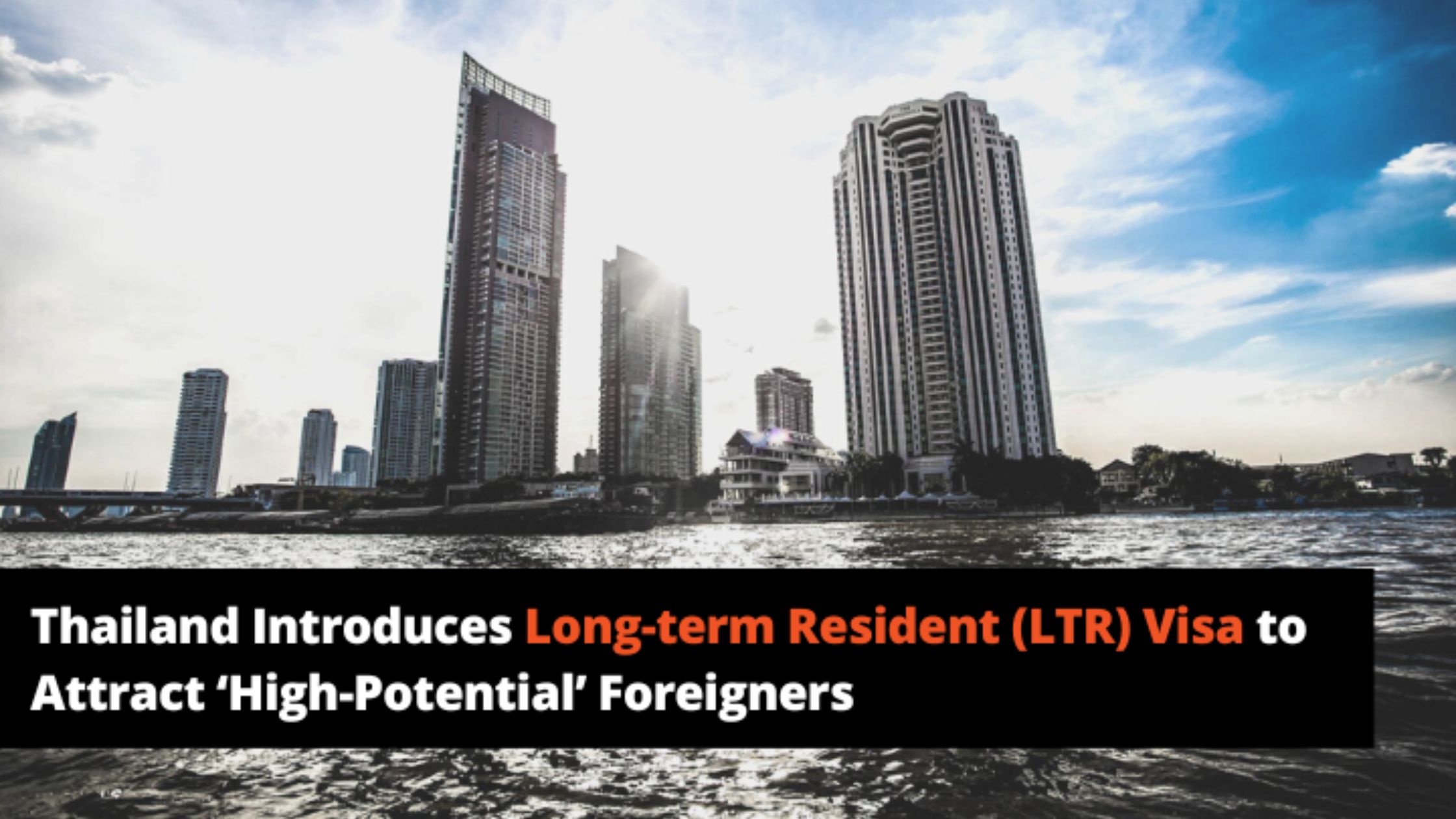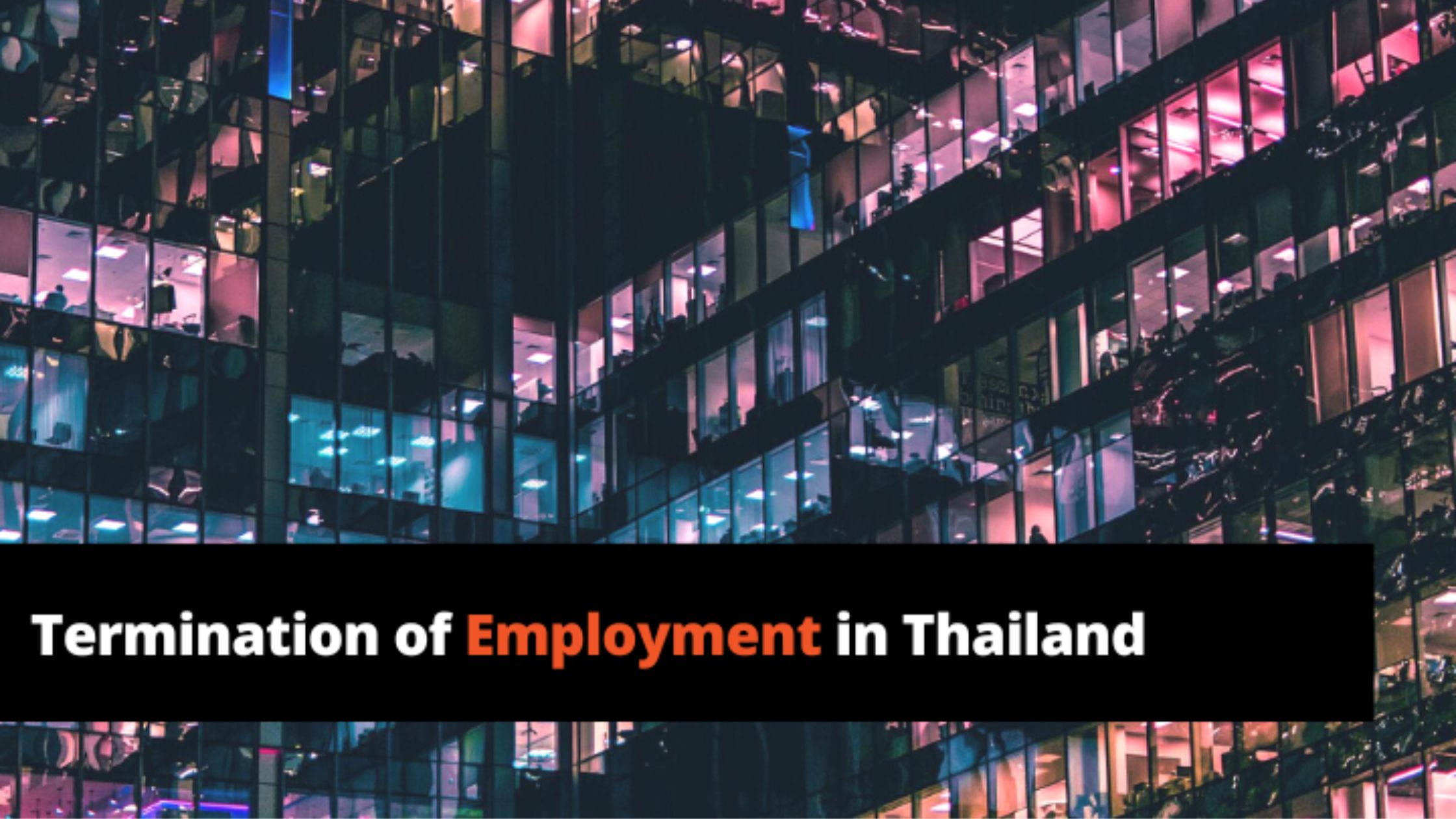October 4, 2022
What is allowed and what isn’t allowed? There was a lot of hype earlier this year about the delisting of cannabis and hemp plants from the Narcotics Code in Thailand. However, there appears to be some confusion about cannabis use within the country and in particular, what is permitted and not permitted without a license. In order to prevent misuse and a society-wide problem, the Thai government has been elaborating on the permitted use and sale of cannabis in the last few months. This article examines the current state of the law pertaining to cannabis, with a particular focus on employee use and the employer’s rights in those circumstances. Current status of the law The delisting of cannabis and hemp plants applies to their unprocessed parts and extracts containing less than 0.2% of tetrahydrocannabinol (“THC”). Therefore only extracts that contain more than 0.2% of THC are still regulated by the Narcotics Code and require a license from the Thai Food and Drug Administration (FDA). Smoking cannabis in public remains prohibited and the maximum penalty for doing so is three-month imprisonment and a THB 25,000 fine.[1] However, in practice, the delisting has led to misuse and abuse of cannabis products in Thailand, which has in turn led to societal problems. Tourists seem to be able to readily purchase cannabis or cannabis-infused products from street vendors. Overseas governments and embassies in Thailand have issued warnings to their citizens, informing them of improper use and ensuring they do not bring any cannabis back into their home countries. There have been major health concerns, with instances of young people overdosing on cannabis. As... September 21, 2022
INTRODUCTION The energy transition is disrupting markets around the world, and Thailand is no exception. The move from energy based on fossil fuels to renewable sources will reshape energy markets over the coming decades. The disruption this will cause will give rise to plentiful opportunities for climate-tech businesses. The Thai government has already announced a number of measures it will implement in order to facilitate the transition. CURRENT SITUATION Before looking at the measures the Thai government is taking to support the energy transition, it is worth examining the status quo. Thailand’s energy needs are currently met by fossil fuels such as refined petroleum products and natural gas, as well as a mix of renewable sources such as solar, wind, biomass, and hydroelectricity. Petroleum Thailand is a net importer of both crude oil and refined oil products. Natural gas is sourced both domestically and through imports, which arrive through pipelines from Myanmar and as liquefied natural gas (LNG). With domestic gas supplies being depleted and limited opportunities for new investment in the upstream sector, LNG looks likely to play an increasingly important role in supplying Thailand’s energy needs in the coming decades. Earlier this year, the Department of Mineral Fuels, Ministry of Energy (DMF) announced the 24th bidding round for offshore exploration and production blocks; bids are due between 5 – 16 September 2022. Electricity Generation As of May 2022, Thailand’s installed grid capacity was approximately 46.8 GW.1 This does not include very small power producers (VSPPs), which are defined as power projects with an installed capacity of less than 10 MW. The figure also does not include so-called “behind... August 30, 2022
Since the lifting of the strict lockdown in the first quarter of 2022 and the decrease in the number of COVID-19 cases, the Thai economy has shown signs of recovery. However, Thailand still faces a battle in bringing its economy back up to pre-pandemic levels in order to compete with its ASEAN neighbors, not to mention the world. Therefore, in June this year, the Royal Gazette formally announced of the introduction of an initiative between the Ministry of Interior (“MOI”), the Ministry of Labour (“MOL”), and the Board of Investment (“BOI”) in the form of a Long-Term Resident (LTR) visa that is designed to attract a new wave of foreign direct investment (“FDI”) and knowledge transfer experts. The Thai government anticipates that the scheme will attract over one million foreigners over the next five years, drawn by the low cost of living and vibrant lifestyle here. The LTR visa scheme is focused on making Thailand an even more attractive destination by simplifying the visa and work permit process and offering attractive incentives. It is hoped that this will bring extra investment into Thailand of more than THB 750 billion by 2026. The LTR visa will benefit certain foreigners and their dependents who meet the criteria set by the BOI which are divided into five categories. The concept of the LTR visa was introduced last year and has been updated on an ongoing basis. Based on the Cabinet’s resolution in the previous year, most of the core qualifications still remain the same. However, there are new additional criteria that the applicants need to meet as stipulated by the BOI as... August 22, 2022
According to Thai labour laws, an employer is empowered to terminate an employee’s employment at its will, except for members of the Employee Committee which requires a court order for dismissal. However, the consequences of dismissal with and without statutory causes under the Labour Protection Act B.E. 2541 (the “Labour Protection Act”) will be different in terms of the statutory payments for which the employer is legally required to pay the employee. In this regard, the question “how much statutory payment does the employer have to pay to the employee due to dismissal?” becomes one of the most concerned and critical issues for all employers. Here are key takeaways for employers and employees on statutory payments to consider when terminating or being terminated. Statutory Cause Section 583 of the Civil and Commercial Code stipulates that if the employee wilfully disobeys or habitually neglects the lawful commands of the employer, absents himself for services, is guilty of gross misconduct, or otherwise acts in a manner incompatible with the due and faithful discharge of the employee’s duty, such employee may be dismissed by the employer without notice or compensation. In addition, Section 119 of the Labour Protection Act also stipulates the statutory causes as follows: (1) Performing the duty dishonestly or intentionally committing a criminal offence against the employer; (2) Wilful acts done to cause damages to the employer; (3) Committing negligent acts causing serious damage to the employer; (4) Violating work regulations, regulation or order of the employer which is lawful and just for which the employer has already issued the employee a written warning, except in a serious instance... August 16, 2022
The Royal Decree No. 750 (B.E. 2565) issued under the Revenue Code regarding income tax exemption on investment in Thai startups (the “Royal Decree”) was recently published in the Government Gazette, in cases where the funding for the startups is provided directly or indirectly through Venture Capital (VC), Corporate Venture Capital (CVC), or private equity trust (PE Trust). This Royal Decree aims to unlock capital gains tax on investment in startups under the Royal Decree No. 597 (B.E. 2559) and No. 636 (B.E. 2560). These tax benefits are effective for ten accounting periods until 30 June 2032. The cabinet anticipates that these tax privileges will facilitate Thai startups to raise more funds from both Thai and foreign investors, leading to faster growth in gross domestic product (GDP) in Thailand, and an increase in the number of workers employed in Thailand. In order for the target investors to obtain tax exemptions for their investments in Thai startups, the criteria for a startup, the target investors, tax benefits and conditions, and exception conditions can be summarized below. 1) Startup A startup must engage in the target activities supported by the relevant government agencies as prescribed by the Committee on Policy for National Competitive Enhancement for Targeted Industries, which must use technology as the basis for their production process and services pursuant to regulations stipulated by the Director-General of the Revenue Department (the “Targeted Industries”). The government authorities which will be responsible for the issuance of the certification of the target activities are the National Science and Technology Development Agency (NSTDA) and the National Innovation Agency (NIA). Currently, there are 12 Targeted Industries as prescribed under... By Firm
Key Person Profile
Upcoming Events
Recent Past Events







 Kudun and Partners Limited
Kudun and Partners Limited Kudun Sukhumananda
Kudun Sukhumananda Troy Schooneman
Troy Schooneman






